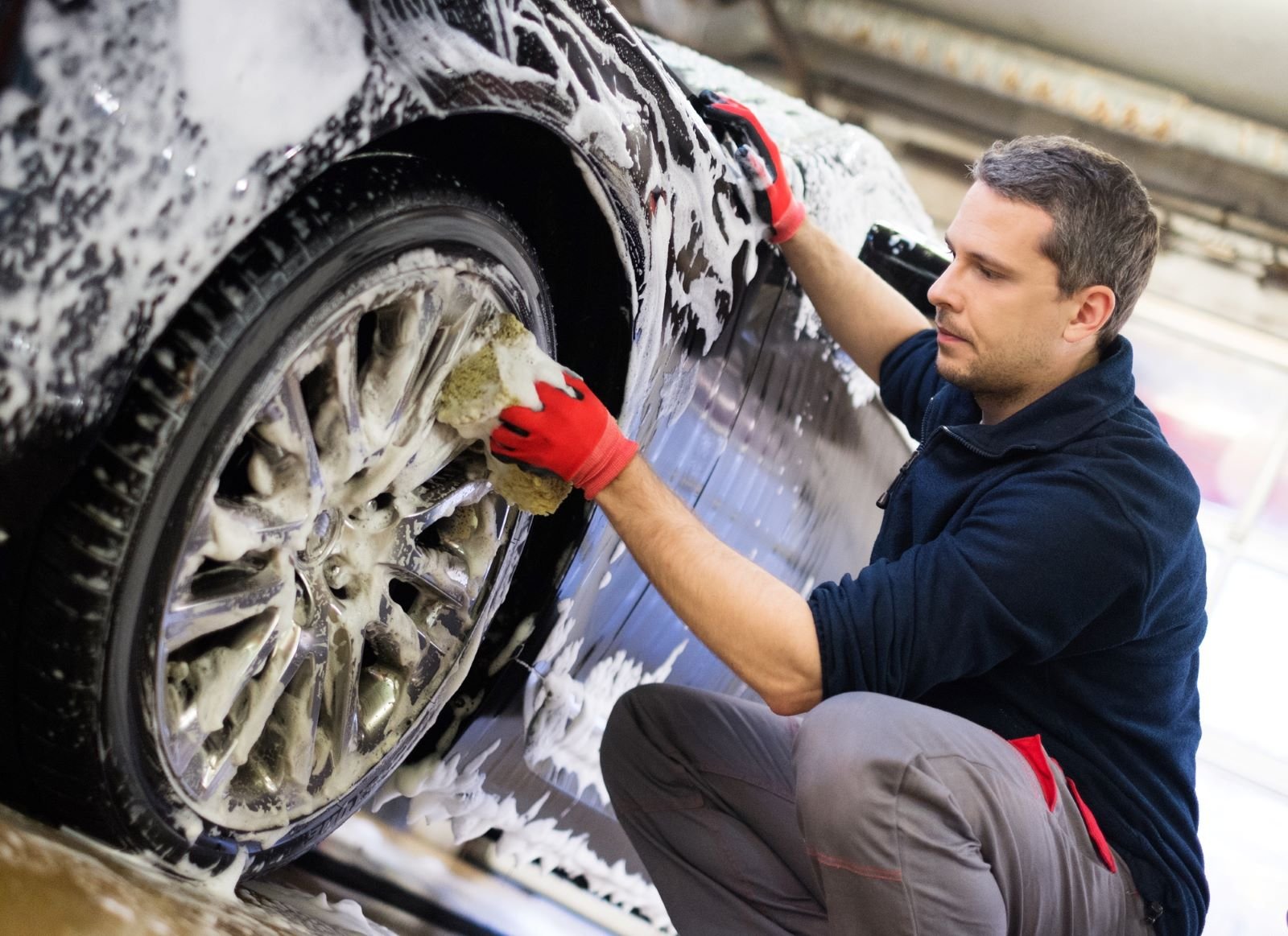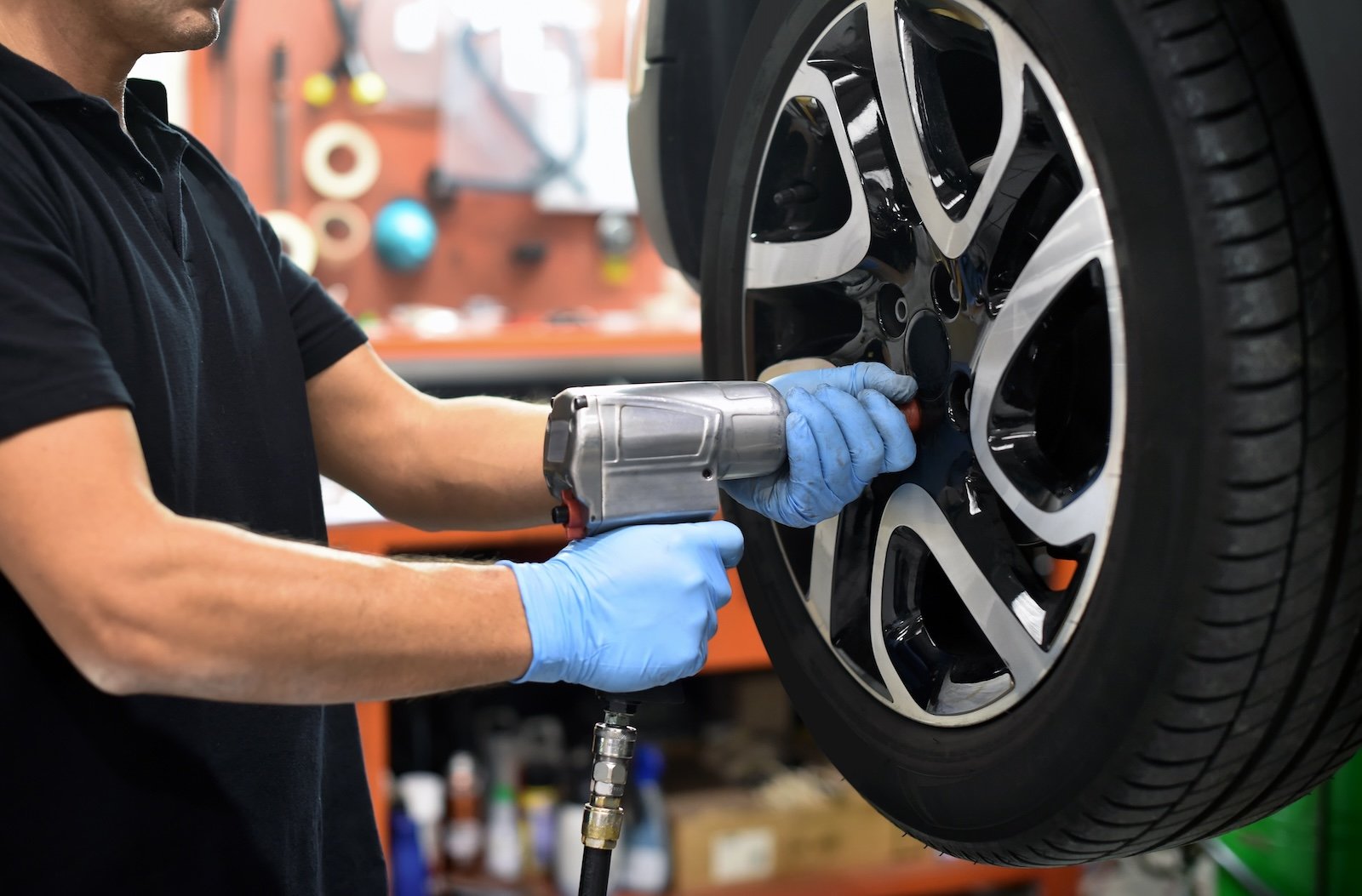Cars are a significant investment; like any investment, they require care to retain their value. Unfortunately, many habits can unknowingly chip away at your car’s worth, leaving you with a depreciated asset come trade-in or sale time. So, if you’re looking to get the most out of your car down the road, let’s explore some surprising ways people unintentionally destroy their car’s value.
Putting Too Many Miles

Keeping your car’s mileage low translates to a longer lifespan and better resale value. Practice smooth driving techniques like gentle acceleration and maintaining steady speeds. Plan your errands efficiently to minimize trips, and consider carpooling or public transportation for longer distances. Embracing eco-friendly options like walking, cycling, or even scooters for short commutes does wonders for your health, environment, and car’s mileage.
Custom Feature Overload

Many like personalizing their cars with flashy features like big wheels or fancy lights. However, these customizations can make it harder to sell the car later, as not everyone shares the same taste. Instead, focus on upgrades that are more widely acceptable, like floor mats or steering wheel covers. These are less likely to hurt your car’s resale value.
Skipping Regular Maintenance

To stay in good shape, cars need regular maintenance like oil changes, tire rotations, and brake checks. Ignoring these basics can lead to costly breakdowns and lower resale value. Plus, your car’s resale value will be much lower if you do not have regular maintenance records.
Neglecting the Interior

A dirty or smelly car turns buyers off. To avoid this, vacuum regularly, clean up spills immediately, and avoid smoking inside the vehicle. Consider using seat covers to prevent stains and wear if you have kids or pets.
Allowing the Exterior to Turn Dirty

The exterior of your car matters as much as the interior. If it has stains or scratches, it can lose its value. To keep it looking good, wash it regularly, apply wax to protect the paint, and use a car cover to guard against weather damage. Fix any dents or scratches quickly to prevent them from getting worse.
Ignoring Dashboard Alerts

When your car’s dashboard lights up, don’t ignore it. These alerts could be warning you about a severe problem. Get it checked by a mechanic to avoid more significant issues down the road. Addressing these alerts promptly helps maintain your car’s value.
Speeding and Going Beyond the Speed Limit

Speeding might be thrilling, but it can damage your car and lead to accidents. Going over speed bumps or hitting potholes too fast can harm the suspension or other parts. Following speed limits protects your car in the long run and keeps you safer.
Neglecting the Tires

When tires are not inflated, aligned, or rotated correctly, they wear out unevenly and affect your car’s safety and performance. This can also strain other parts, such as the suspension. Check tire pressure regularly, align and rotate tires as needed, and follow your car’s maintenance schedule.
Using Low-Quality Fuel and Engine Oil

Impurities in cheap fuel can cause engine knocking, and low-grade oil might not lubricate properly, leading to engine wear. To avoid this, always use the fuel and oil your car’s manufacturer recommends to maintain its value.
Windshield Cracks

A cracked or chipped windshield can distract you and make driving dangerous. In some US states, driving wind with a cracked windshield is illegal. Car buyers will notice any damage, which can lower the car’s value.
Unusual Paint Color

Unusual paint colors can affect your car’s resale value. A survey depicts that gold cars depreciate by 37.1% over three years, while yellow cars depreciate by only 27% in the same period. While you can’t easily change your car’s color, consider these stats when buying your next vehicle.
Hitting Potholes

Potholes can damage your tires, bend wheels, misalign your car, and break suspension parts, causing millions in vehicle repairs each year. If possible, avoid routes with many potholes. If unavoidable, slow down before reaching the pothole, then drive through it gently to minimize damage.
Not Using Emergency Breaks

Relying solely on the transmission’s park position, especially on a hill, can stress its internal components. The parking brake is a secondary fail-safe to prevent the car from rolling away. Always use the parking brake for both automatic and manual transmissions when parking. If you’ve been using the brakes heavily downhill for a long time and are extremely hot, letting them cool slightly before engaging the parking brake is a good practice.


